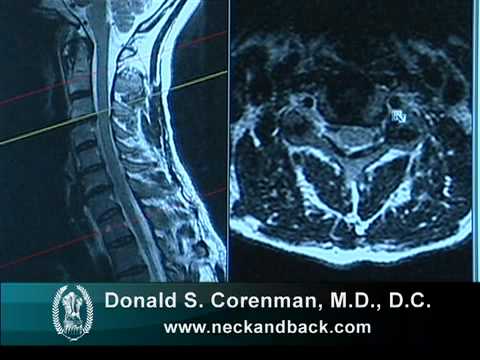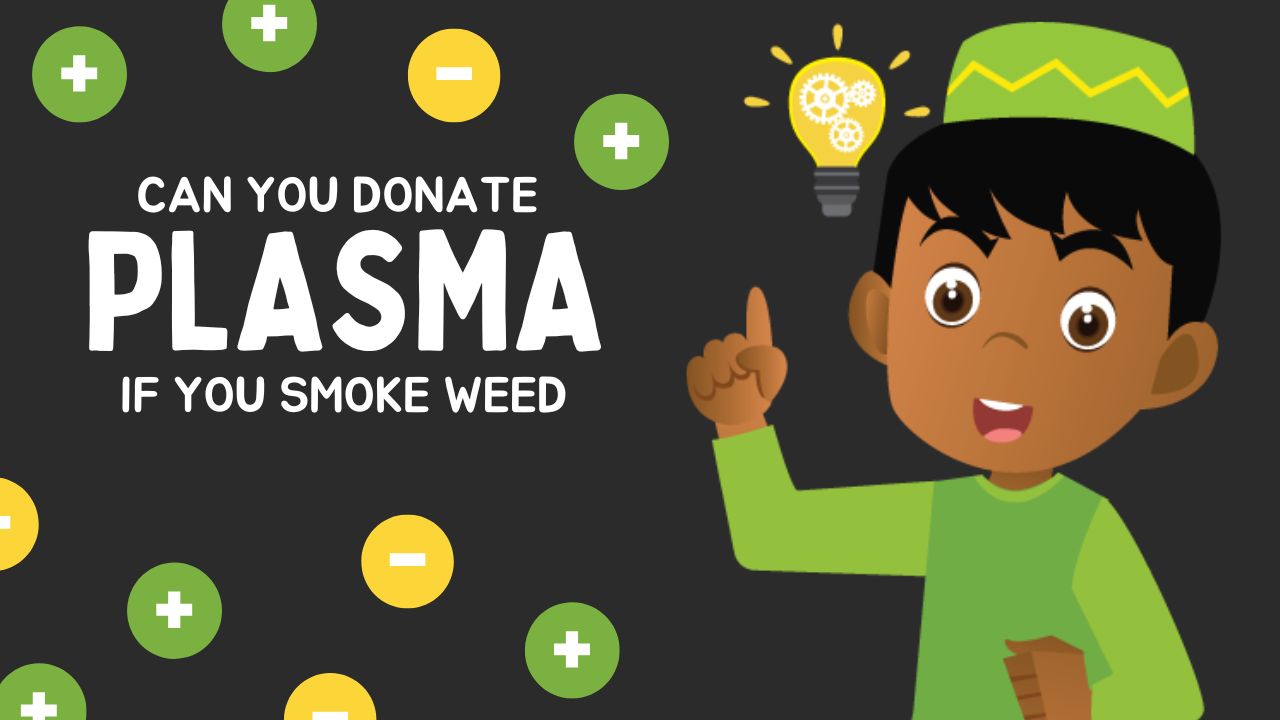How to Deal with Toxic Parents

For children and adolescents, growing up with toxic parents can present a variety of mental, emotional, and even sometimes physical challenges. Toxic parents can be mentally, emotionally, and physically abusive. If you are aware that your parents are harmful, you are not alone in this realization.
The following are some suggestions for dealing with them in the most effective manner possible and preserving your health. At some point or another in their lives, if not consistently, mothers and fathers alike are capable of becoming poisonous to the relationships they have with their offspring.

If you are aware that your parent’s words, actions, or behaviors are causing you mental, emotional, or physical harm, this may be an indication that your parent is toxic. In the event that you do come to this conclusion, there are resources, skills for coping, and tips that you can use to make it through your childhood and thrive as an adult.
Set and uphold strong boundaries
When you’re a kid, it can be challenging to understand how to set and maintain limits on your behavior. On the other hand, when we reach our teen years, this may become simpler for us to do. If you are being hurt in any way or are being made to feel uncomfortable by another person, the single most important thing to keep in mind is that you are not the one who is at fault.
It is imperative that you speak up about it, tell them ‘no,’ or that you do not want to do anything that they want you to do that makes you feel uncomfortable, and that you tell an adult that you can rely on for support.
Speaking to a dependable adult
When you are a child, it is natural for you to want to protect your parents, even if they behave in ways that you do not consider to be appropriate. Nevertheless, it is imperative that you tell someone if you are being abused in any way, whether it is verbally, mentally, physically, or sexually.
It’s possible that if you don’t tell anyone, your parents’ harmful or abusive behaviors will continue, and they may even end up hurting other people as a result. Talk things over with a school counselor or a respected member of the community, such as a youth pastor, a trusted friend, or a teacher.
You have the right to make your voice heard if there is fighting and conflict between your parents. This is especially true if the fighting or conflict becomes physical or violent.
Find a safe haven or healthy outlet
If you ever find yourself in a situation where you fear for your safety, having a secure location where you can go to get away from the negativity you experience at home can be of great assistance. It could be a tree house, a fort, or even a tent that you set up in your room, at your friend’s house, or anywhere else that makes you feel at ease.
Find a healthy outlet for the intense feelings that you have about the toxic influence of your parents. You could try engaging in an activity that brings you pleasure, such as your favorite hobby, sport, science or art project, or anything else that enables you to express yourself physically or emotionally. These sorts of healthy releases have the potential to be helpful.
Keep in mind that you are not the issue
Toxic parents often have a way of making their children believe that they are to blame for their misbehavior because of the way the children act. This is not the case at all. You are not to blame for the unhealthy behavior of your parents because you did not bring it about and it is not your fault. You are also not responsible for your parents.
They are the ones responsible for you, and if they are unable to fulfill that responsibility, it is up to you to take the necessary precautions to protect yourself and ensure that you are receiving the appropriate level of care. This includes speaking out against harmful behavior if you are the one being harmed by it.
List the things for which you are thankful
When life at home becomes challenging, it can lead to a variety of negative emotions, including sadness, anxiety, and depression. Making a list of the things for which you are grateful can help you feel better and put things in perspective when you are feeling down.
Create a list of everything that brings you joy, and refer to it whenever you find yourself in a difficult situation. Positive psychologists employ this strategy because they subscribe to the theory that developing an attitude of gratitude can assist in the fight against the unfavorable experiences that life can bring.
Counter negative self-talk and thought patterns
If a parent is consistently critical of you, it is possible that you will start to believe unflattering things about yourself. This is especially true if the criticism is repeated frequently. It’s easy to get caught up in negative thoughts or self-talk. When something like this occurs, it is essential to combat any negative thoughts about yourself by replacing them with three positive thoughts.
Put yourself in your opponent’s shoes and ask yourself, “How realistic are the negative thoughts?” and “What if the situation was flipped, and the positive conclusions were true?” After that, you should consider what the most likely outcome of the scenario that is most realistic would be. Your sense of self-worth and the negative thoughts that plague your mind can be protected in this way.
How to fix a toxic parent
If you recognize any of the red flags associated with being a harmful parent, you have already accomplished the first step on the path to receiving assistance and making positive changes. The experiences that we have had in our own lives, beginning when we are still children, are a major contributor to the development of many maladaptive personality traits and behaviors over the course of our lifetimes.
These tendencies can eventually blossom into harmful behaviors that are difficult to rein in. It is important to have a conversation with your children about the topic if you believe that your actions, words, or behaviors have been harmful to them in any way.
Confront them with your perceptions of the errors you’ve made and express regret for them. Forgiving yourself for the actions you’ve taken in the past is another crucial step. It is possible that you will need the assistance of a trained marriage and family therapist in order to successfully modify your behaviors and cultivate a healthy environment at home for you and your children.
It is imperative that you look for assistance as soon as possible if there is abuse going on in your household. There is not a single person on this planet that is without flaws, and we all have times when we act or say things that we later come to regret.
The first step toward making things better is admitting our own shortcomings, setting up appropriate boundaries, and communicating with others when they have acted in a way that has caused us emotional distress as a result of their actions.
You should look for assistance and support if your parents are causing you any kind of emotional or physical pain in any way, or if you are a parent who is acting in unhealthy ways toward your children. The first step toward recovery is admitting your shortcomings and asking for assistance as well as forgiveness from others.
- Your Ultimate Guide to Travel Insurance for Adventure Sports
- A Guide to Renters Insurance for Pet Owners: Pet-Proof Your Policy
- Safeguard Your Future: Understanding Identity Theft Insurance
- Safeguard Your Event: Understanding Event Cancellation Insurance
- Everything You Need to Know About Critical Illness Insurance Riders
- Home Equity Loans vs. HELOCs: Which is Right for You?












